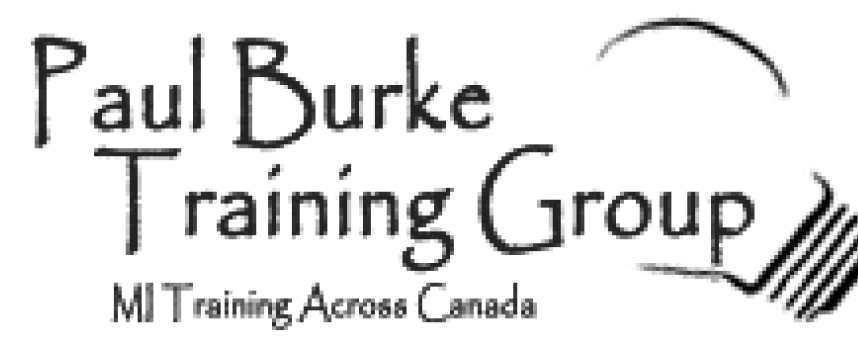"Growing Change Talk" (Advanced Skills in Evoking The Language of Motivation) (2 days)
MI is a communication approach that gives much attention to client language.

Research evidence indicates that as people prepare to make changes, the language they use to describe their thinking about such change shifts. Similarly, as people move away from a decision to pursue a specific change, the language they use to talk about their thinking also changes.
As people begin to move away from a decision to change, they tend to begin developing an argument for sustaining their current (unchanged) behavior – in other words, to sustain the “status quo”. The message within this “sustain talk” is:
- I don’t want to pursue the change,
- I don’t need to do it,
- there is no good reason for me to do this, and (sometimes
- I can’t do it anyway – so why should I try?
Change talk is the flip side of sustain talk.
As people start to construct their decision to change, motivational interviewing work serves to emphasize, influence and strengthen client thinking that is reflected in the “DARN” language of change!
D.A.R.N. =
D esire: (Wishes, hopes, preferences for achieving a change in the current situation
A bility: (statements related to confidence in their capacity to change – if they decide to change. Ability Talk speaks to thoughts about what the person can, or could do – or about skills and strengths and positive traits that the person could harness to serve the work of achievement of the change)
R eason(s): (discussion about the reasons that the specified change would be helpful or preferable. Reason Talk can also involve discussion about the consequences or “down side” of not making the change.)
N eed (talk that reinforces the “imperative” nature of the specified change. E.g. Clients are expressing Need Talk when they explain “To be honest, I don’t really want to make this change, but at the same time, I know it has to happen. I can’t let things o on the way they are for much longer. Things are just getting worse and worse as time goes by. I dread it. But, still, if I don’t do it soon, it’s just going to be a lot harder later. I guess I could talk to somebody about it – you know – somebody who has done it themselves, just to see how they pulled it off.”
Learning to use MI skills can assist in helping clients invest more time and thought in an environment of “change talk”. With practice and experience, this change talk can be strengthened to evolve into “COMMITMENT LANGUAGE” which helps to mobilize and activate the change process. Commitment language grows out of DARN language (or DARN thinking) and speaks not to what the client wants to do (desire talk) or has to do (need talk) – but rather, to what they client will do, or plans to do, or is going to do!
Where Do We Offer Training In Canada?
Alberta, AB, Saskatchewan, SK, Manitoba, MB, Ontario, ON, New Brunswick, NB, Nova Scotia, NS, Newfoundland, NL, Prince Edward Island, PE, British Columbia, BC, Yukon, YK, Northwest Territories, NT, Nunavut, NU.
